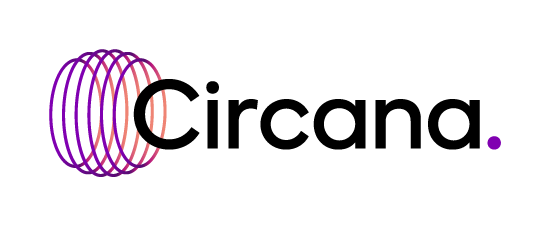
Apple to postpone the 5G-powered iPhone launch?
According to various reports, Apple is contemplating to delay the launch of its upcoming flagship iPhone, which is believed to support 5G. The source claim that there might a be month of delay caused by the COVID-19 slowing down the device development process as Asian supply chains were advsersely impacted during the factory and office shutdowns in February and March. The reports also cite the expected (COVID-driven) slowdown in demand as another reason why Apple might be considering to push back the launch of the new iPhones by a month or so. Notably, Apple typically announces the new iPhones in mid-September and begins the commercial shipments towards the end of the month.
The NPD Take:
- U.S. carriers have eagerly been waiting for the debut of the 5G-powered iPhones as it would help grow the 5G smartphone installed base. If the alleged delay is only for a month (or even two), the U.S. carriers should still be able to enjoy a high volumes of 5G activations and meet their 2020 objectives. Apple had a similar delay on the budget iPhone XR (that was announced in mid-September 2018, but not commercially shipped until the end of October), but the phone had a massive success once Apple began the shipments prior to the holiday season.
- Like most of the other high-end 5G smarpthones, the new iPhone will likely have a slight boost in price, and any delay will further increase carriers’ willingness in subsidizing the phone to ensure they end the year strong. Several carriers began offering a 36-month financing deal for the iPhone X when it debuted back in, 2017, and it will not be surprising to see carriers go the same rout (especially during an economic downturn) for the new 5G iPhones.
Carriers extend concessions for delayed payments
Earlier in March when the coronavirus pandemic threat has begun showing its economic impact, several U.S. fixed and mobile service providers stepped in to assist their customers who were on low-tier plans or had trouble paying their bills by waiving their bills or giving them additional connection options (more data buckets, faster connectivity or mobile hotspot buckets). A part of this push was fostered by the FCC and its “Keep Americans Connected Pledge” that asks providers to waive late fees and open private access Wi-Fi points to the general public. Verizon, AT&T and T-Mobile, which initially pledged to not charge late fees and force service cancellations until May 13, just recently announced the extension of these concession to June 30.
The NPD Take:
- U.S. carriers’ generousity in extending their aid policies to the end of June should help them tremendously as the COVID-driven economic downturn forces consumers to seek ways of lowering their service bills, and these aids will limit some of the churn from postpaid to prepaid services.
- The extension of the additional data aids has the potential to change users’ connectivity habits in the long run. Carriers might be able to recuperate some of these aids when customers on low-tier plans seek for new rate plans with bigger buckets or higher speeds once the economic uncertainity clears.
Qualcomm is bullish on 5G smartphone demand
During its quarterly earnings event, Qualcomm announced that it continues to be optimistic about the shipments of 5G-powered smarpthones to be between 175 and 225 million units as of the end of 2020. The chipmaker announced that it has seen a 21% decline in demand for Qualcomm-powered smartphones (3G/4G/5G) due to COVID-19 during the most recent quarter. The company is expecting another 30% decline in the ongoing quarter, and then a recovery in the latter part of the year that will help Qualcomm meets its shipment estimations.
The NPD Take:
- Qualcomm’s optimistic global outlook for 5G smartphone shipments may not hold true for the U.S. market with COVID-19 diminishing the appetite to purchase premium technology products such as 5G smartphones. Latest 5G-powered flagships in the U.S. are currently struggling in sales volumes due to high price points and the increased price sensitivity of consumer will continue to suppress demand for expensive 5G smartphones.
- As we commented in our Apple iPhone delay story, 5G smartphone adoption (especially in the high-end) will be highly dependant on the amount of incentives U.S. carriers will provide between the September-December 2020 time frame. Users are still not fully convinced about the 5G service promise, but there is always an appetite for purchasing a flagship smartphone regardless of the 5G support.


